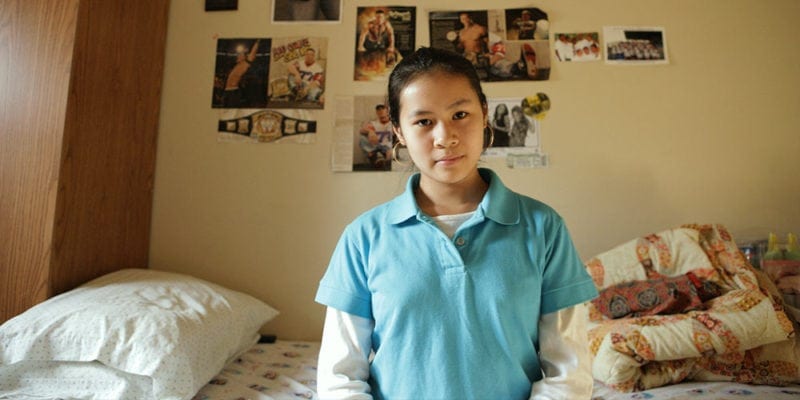The Internet age has made exposure of adult material to kids a dangerous matter. Our culture these days is so saturated with sex we need to have the conversation with them much earlier than in our day. You have to make talking to your kids about sex a priority.
A study in the journal Pediatrics found that 55% of teens who were exposed to a lot of sexual material in movies, music, and the Internet had intercourse by the age of 16. Compare that with only 6% of teens having sex who rarely saw such imagery in the media. So if you really want to keep your teen from having sex, take monitoring what your child sees and hears very seriously. Your children can graduate high school as virgins if, as a father, you are armed and ready for battle. Here are 10 things to remember when talking to your kids about sex.
1. It’s inevitable.
Someone is going to talk to your child about sex, that’s a given. It should be you.
2. Have multiple conversations.
Keep talking about it. If you keep the lines of communication open, you can affirm what is right and correct the distorted views of sex.
3. Build a foundation as early as possible.
Children are naturally curious; curiosity is a good thing. But curiosity without foundational principles leads to confusion.
4. Be ready.
Make sure you know where you stand on matters of principle; make sure you have a moral basis for any discussion; make sure you have more information than your child.
5. Answer questions, but avoid browbeating.
Questions need to be answered, but they don’t need to be used as openings for one more lecture.
6. What you don’t know will hurt them.
You need to know what it is that your kid already knows, so ask.
7. Shaming damages relationships and closes the door to communication.
Shame is neither a useful learning tool nor a valid moral intervention.
8. This is Jeopardy, not Wheel of Fortune.
If a sex-related word crops up in your kid’s vocabulary, you need to make sure that it is defined accurately and used appropriately; knowing how to spell is not enough.
9. Don’t be naïve.
If you thought about it, or did it, or were exposed to it at their age, you can bet, in this day and age, they have been exposed to more.
10. Don’t assume that your kids have had sexual experiences.
In fact, don’t assume anything. That’s why open communication is the most effective contraceptive available.











Huddle up with your kids (if they are of the right age) and ask, “What do you know about sex?”